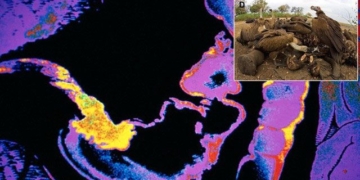Although men have historically dominated the Nobel Prize awards, many female scientists have made groundbreaking discoveries that deserve recognition at this prestigious event.
The list of Nobel Prize winners in Physiology or Medicine, Physics, and Chemistry for 2021 consisted entirely of men. In 2020, two female scientists, Emmanuelle Charpentier and Jennifer A. Doudna, won the Nobel Prize in Chemistry for developing the CRISPR gene-editing method, while Andrea Ghez was one of three researchers awarded the Nobel Prize in Physics for her work on supermassive black holes. In 2019, when the Nobel committee requested nominees to consider gender, geographical diversity, and field representation, all winners were again men. The year 2018 marked the first time a woman won the Nobel Prize in Physics since 1963, with Donna Strickland receiving the award, according to CNN.
Predicting Nobel Prize winners is extremely challenging as the names of nominees and the final list are kept confidential. Documents detailing the selection process are also kept under wraps for 50 years. Below are five female scientists whose discoveries have changed lives.
1. Cancer-Causing Genes
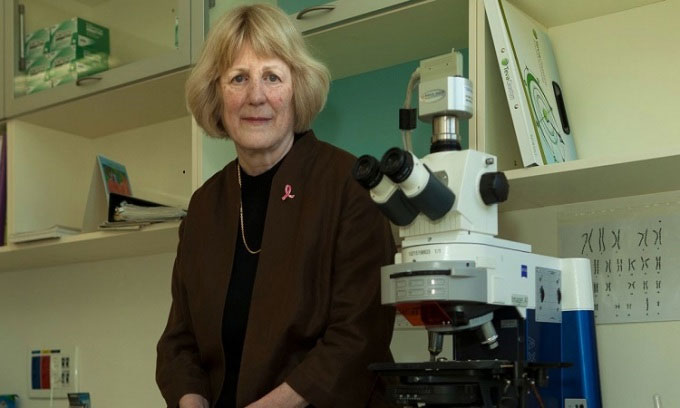
Mary-Claire King discovered a gene that increases the risk of breast cancer in a mutation in Jerusalem on September 7, 2014. (Photo: Redux)
In the 1970s, while cancer sometimes appeared in families, research primarily focused on viruses. Drawing on her experience studying genetic differences between humans and chimpanzees, Dr. Mary-Claire King, now a professor of medicine and genome sciences at the University of Washington School of Medicine, took a new approach. She discovered the role of a mutation in the BRCA1 gene in breast and ovarian cancer. This discovery enabled genetic testing to identify women at high risk for breast cancer and strategies to reduce their risk, such as additional screening and preventive surgery.
2. Vaccine Breakthrough
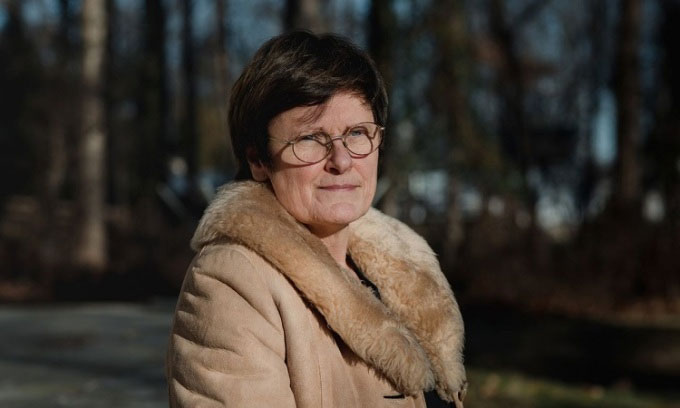
Katalin Kariko played a crucial role in developing mRNA vaccines. (Photo: Bloomberg)
Dr. Katalin Karikó, Vice President at BioNTech in Germany, won the 2021 Lasker Award, often seen as a precursor to the Nobel Prize. Along with Drew Weissman, a vaccine research professor at the University of Pennsylvania, she pioneered the development of a method using artificial messenger RNA to combat diseases, changing how the body produces antiviral substances. Although initially overlooked when published in 2005, their research laid the foundation for the two widely used Covid-19 vaccines today.
3. Astronomical Discoveries
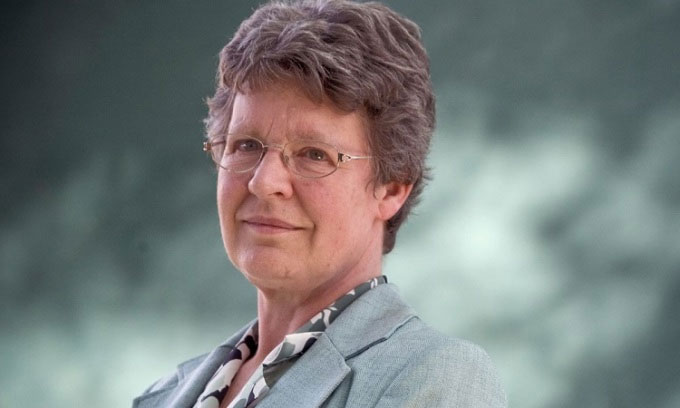
Irish astrophysicist Jocelyn Bell Burnell discovered pulsars. (Photo: Corbis)
Jocelyn Bell Burnell, an astrophysicist from Northern Ireland, contributed to the discovery of pulsars, a mysterious astronomical phenomenon, while she was a graduate student at the University of Cambridge. However, the credit for the discovery went to her supervisor, Antony Hewish, who received the Nobel Prize in Physics in 1974. In interviews, Bell Burnell has always been gracious about being overlooked. She takes pride that the stars she observed convinced the committee to award the prize. In 2018, Bell Burnell received the Special Breakthrough Prize in Fundamental Physics, with a $2.5 million award, which she donated to help underprivileged individuals become physicists.
4. Revolutionary Chemistry
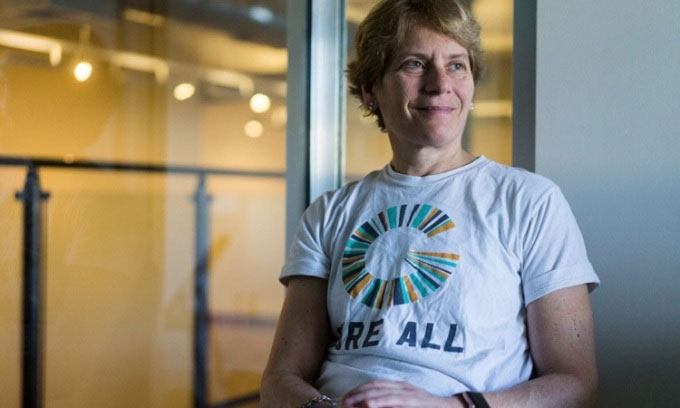
Chemist Carolyn Bertozzi at Grace Science headquarters in Menlo Park, California, on November 17, 2019. (Photo: Redux)
Dr. Carolyn Bertozzi, a professor at Stanford University, is a pioneer in a new field called bioorthogonal chemistry, focusing on chemical reactions inside living cells that can occur without disrupting natural processes. She seeks to understand why cells are covered in sugars and the impact of sugar molecules on diseases such as cancer, inflammation, and infections. Modifying these cells through bioorthogonal chemistry has led to new methods for treating various diseases. She won the Wolf Prize in Chemistry this year.
5. Preventing Sickle Cell Disease
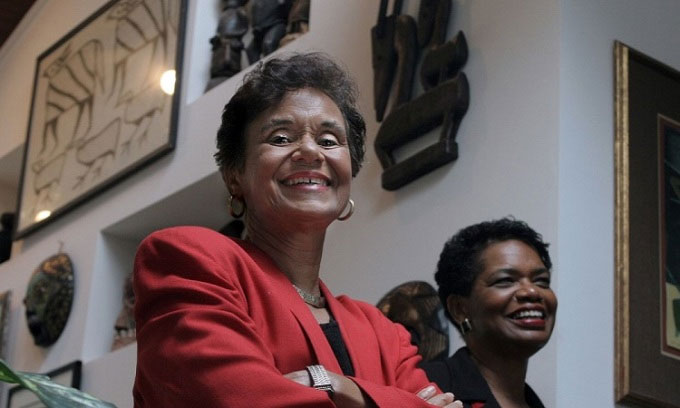
Dr. Marilyn Gaston’s research helps many children get screened for sickle cell disease at birth. (Photo: Washington Post)
Dr. Marilyn Hughes Gaston has dedicated nearly her entire life to studying sickle cell disease, a genetic condition that prevents the body from producing normal hemoglobin. Affecting children, this disease leads to tissue damage, weakness, and even death. Gaston became interested in sickle cell disease while interning at Philadelphia Hospital in 1964. In 1986, she published groundbreaking national research demonstrating the effectiveness of long-term penicillin treatment for children with the disease to prevent blood infections. Thanks to Gaston’s work, every child is screened for sickle cell disease at birth.


















































